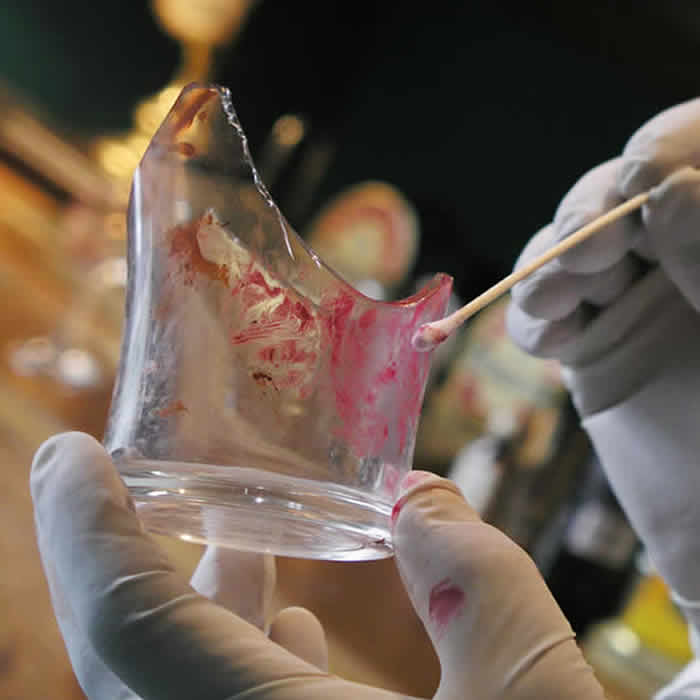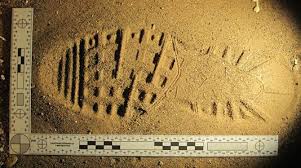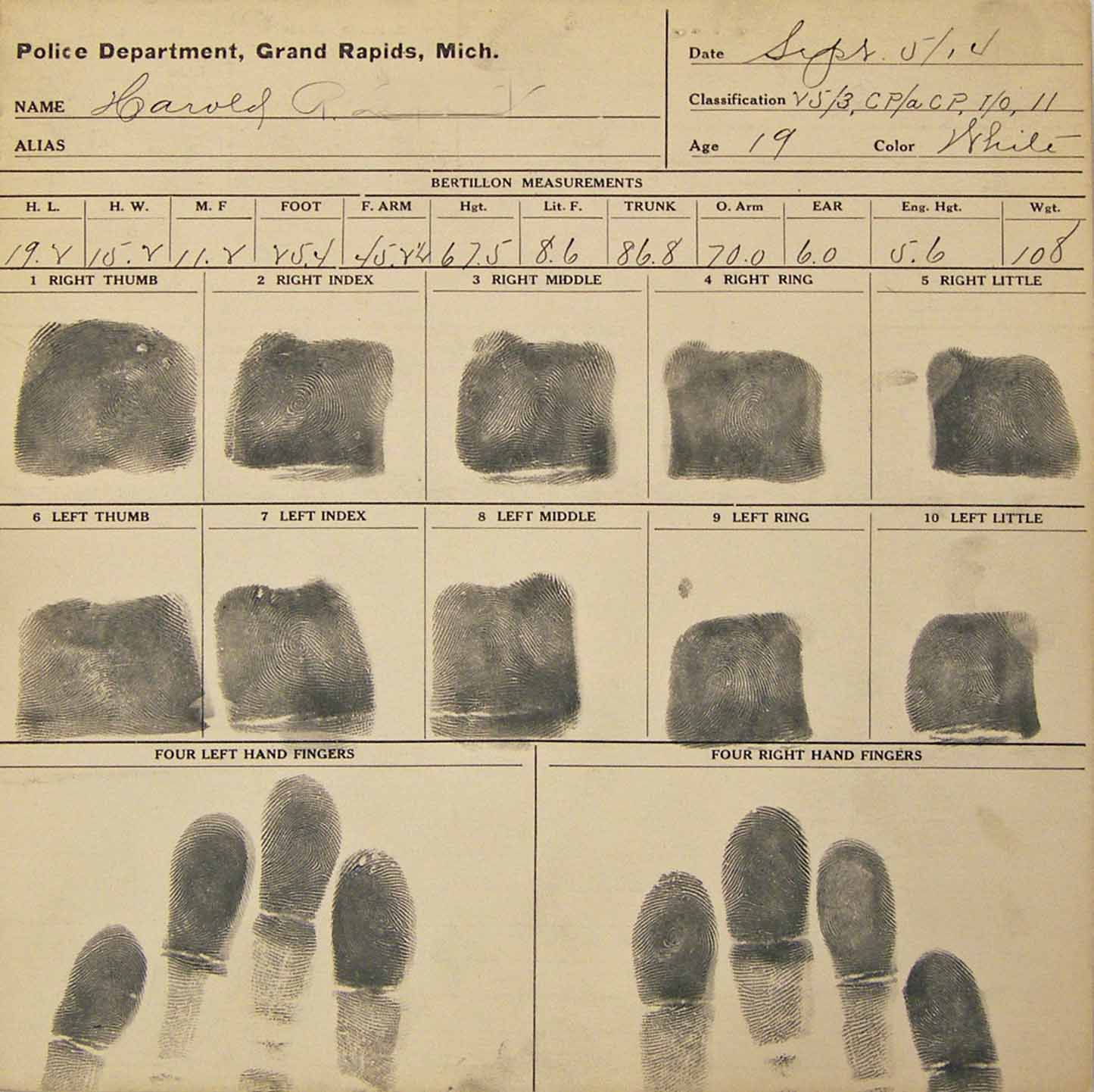Forensic science is the application of science to criminal and civil laws. Forensic scientists collect, preserve, and analyze scientific evidence during the course of an investigation. While some forensic scientists travel to the scene to collect the evidence themselves, others occupy a purely laboratory role, performing analysis on objects brought to them by other individuals. In addition to their laboratory role, forensic scientists testify as expert witnesses in both criminal and civil cases and can work for either the prosecution or the defense. While any field could technically be forensic, certain sections have developed over time to encompass the majority of forensically related cases.
Because forensic science technicians process and analyze evidence for use in legal proceedings, it's important that they be diligent, methodical and precise in their work. An understanding or familiarity with the law and the legal system is also helpful for this position. Forensic science technicians also often work in teams, so good communication and interpersonal skills are important.
The legal field, forensic laboratories, scenes of crime work or providing intelligence support for Police forces are some of the careers open to you. You could find yourself in the education sector, in cancer research, or in the pharmaceuticals industry, insurance, finance, trading standards or health and safety.
Here's a list of duties that a forensic scientist is responsible for:
Pictures:
This is a picture of a forensic scientist swabbing evidence for dna and any other information they can use:

This is evidence of a suspect's boot, which can identify things like the size of the suspect's foot, brand, etc:

This is a photo of finger printing, this is used as a form of dna, other forms include hair, saliva, skin, etc:

Sources: